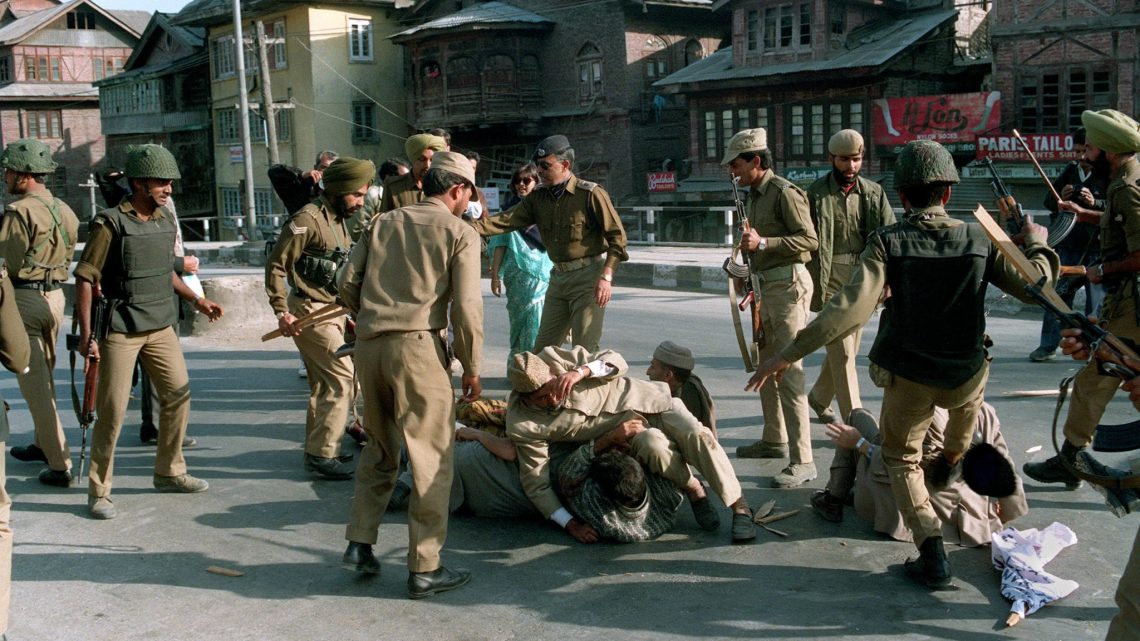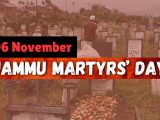
Security Crackdown Intensifies in IIOJK as Assembly Session Begins
November 4, 2024As a five-day assembly session begins today in Indian-administered Jammu and Kashmir, security has been significantly tightened across the region, particularly in Srinagar. According to reports from Kashmir Media Service, the already heavily militarized region has seen additional security measures around the assembly complex, where a multi-layered security system has been set up.
Indian authorities have ramped up cordon and search operations, reportedly detaining several young men under claims of heightened militant activity. Official sources confirmed that the Indian army, police, and paramilitary Central Reserve Police Force (CRPF) have established numerous checkpoints throughout Srinagar and other strategically important areas to monitor movement closely.
As part of the strict security protocols, vehicles are subject to thorough inspections, and frisking of individuals is documented on video to enhance surveillance. Security personnel are rotated frequently to ensure continuous vigilance and control. The security setup in Srinagar, as residents observe, is emblematic of the larger restrictions imposed across the region, where a substantial troop presence has impacted daily life for decades.
The militarization of Jammu and Kashmir has been an ongoing reality since Indian forces first entered the region on October 27, 1947, with Srinagar serving as a focal point of control. This heavy presence has intensified in recent years, particularly after the revocation of Kashmir’s special status on August 5, 2019, when the Indian government removed Article 370, which had previously granted Kashmir a degree of autonomy. Today, over one million Indian troops are stationed across Jammu and Kashmir, effectively transforming it, as many residents describe, into an “open-air prison.”
Human rights organizations and local activists have raised concerns that the overwhelming troop presence is deepening the humanitarian crisis, leading to frequent curfews, restricted movement, and regular crackdowns. The current assembly session, marked by heightened security, has once again brought these issues into focus, as locals continue to express frustration with the heavy-handed approach of Indian authorities.
Despite the extensive military restrictions, the people of Kashmir continue to call for self-determination and peaceful resolution. Civil society groups within the region assert that India’s military strategies, while disruptive, cannot alter the status of Kashmir, which remains a disputed territory under international law. The heavy militarization, they argue, only serves to exacerbate the divide between Kashmiris and Indian authorities.
As the world watches, Kashmiris are appealing for international attention and intervention. While the global community has often been criticized for its inaction on the Kashmir issue, residents and advocates continue to urge diplomatic pressure on India to reconsider its approach. Questions linger about how long the region’s situation can endure, with locals increasingly hoping that international involvement will lead to a more humane resolution.
This week’s assembly session and the intensified security measures surrounding it reflect the enduring complexities in Jammu and Kashmir, a region where the quest for autonomy and human rights remains a pressing and unresolved issue.

